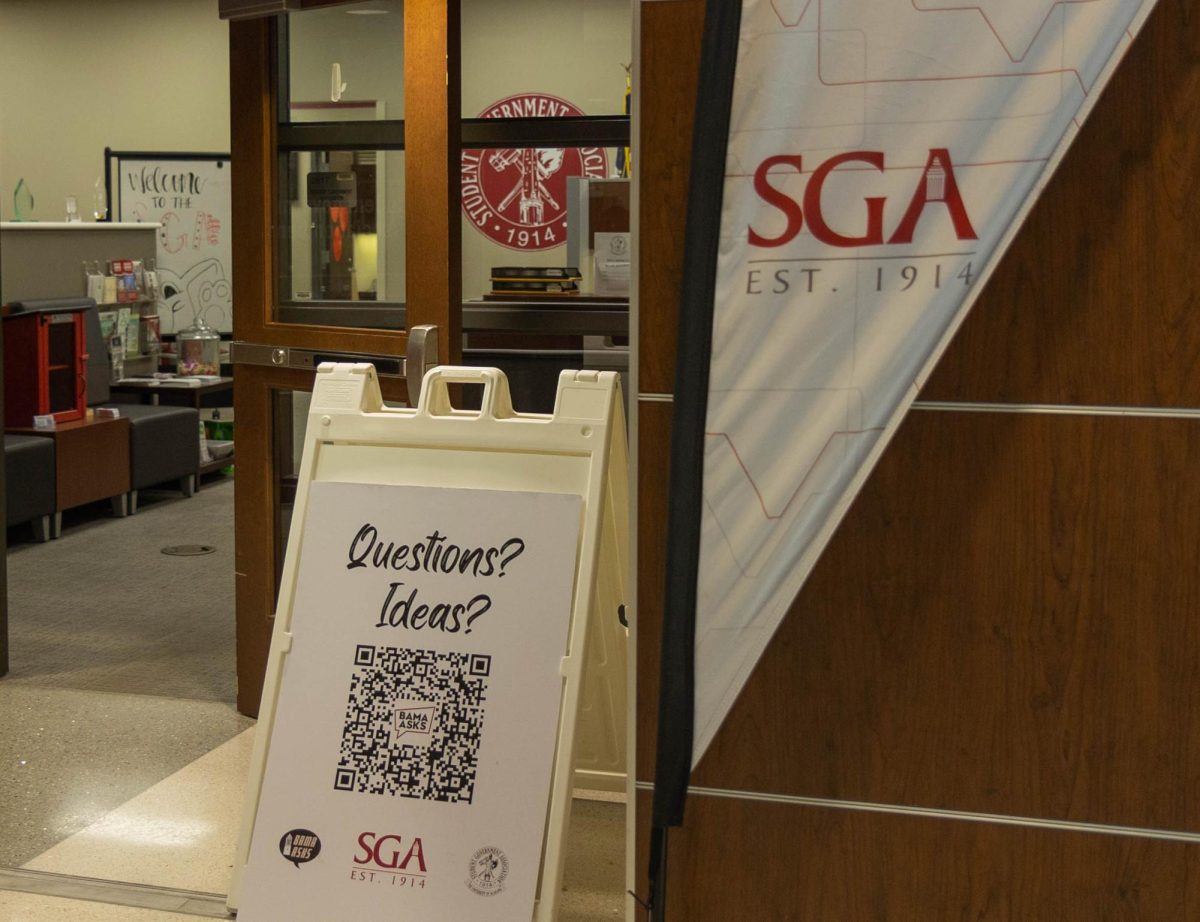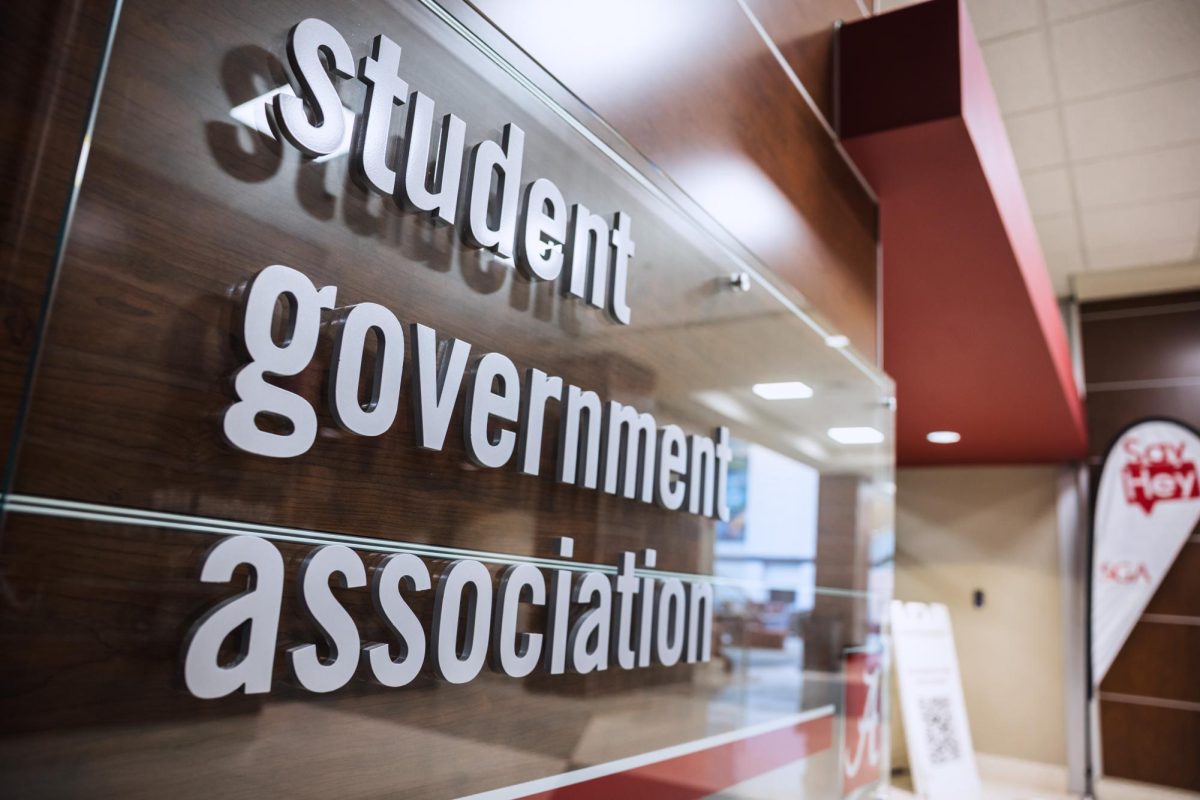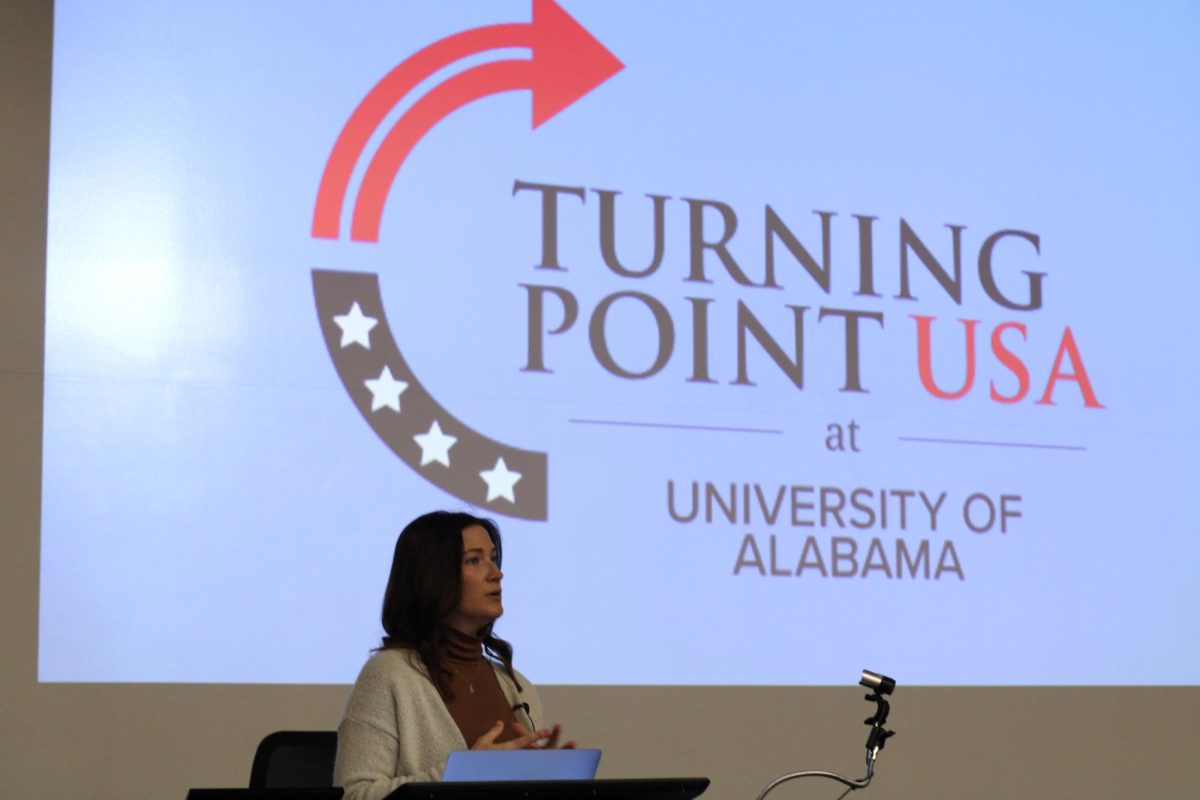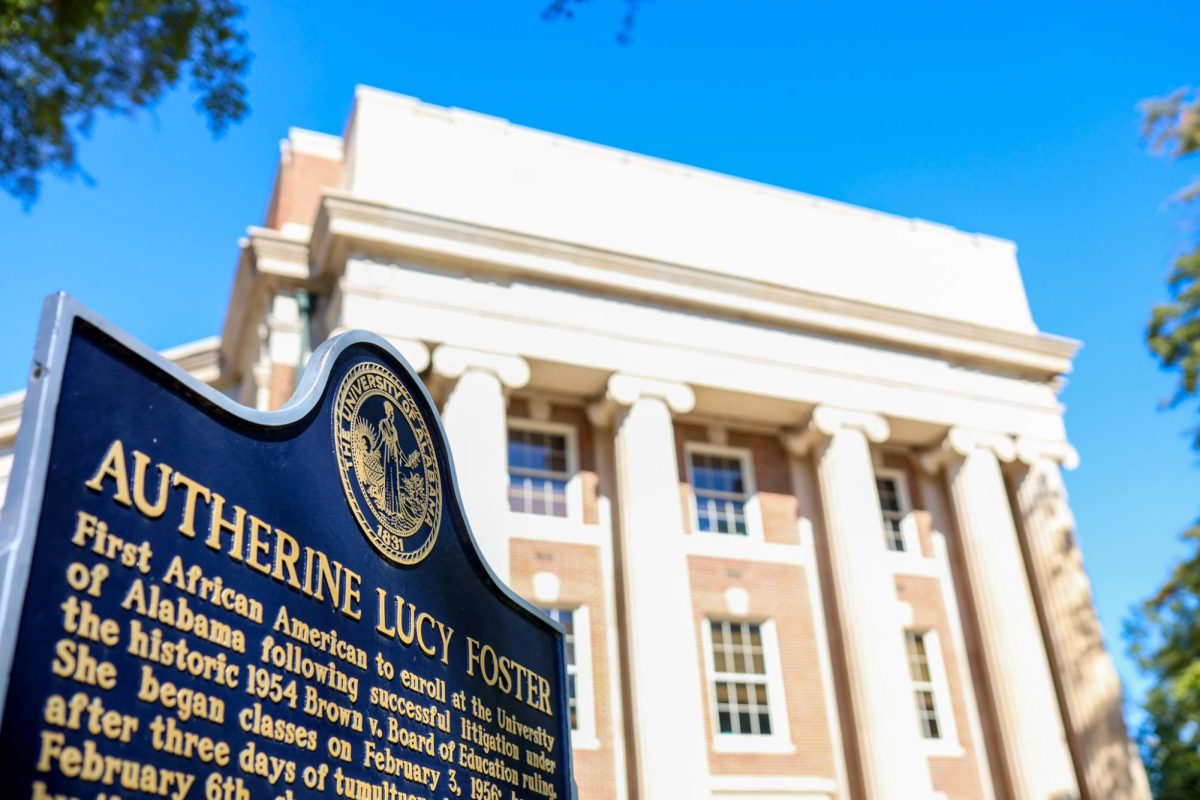In a global economy, David and Goliath are no longer enemies, but sail wearily in the same boat facing the uncertainty of their future, said Tatiana Tsakiropoulou-Summers, associate professor of Classics and UA Ombudsperson.
Originally from Greece, Tsakiropoulou-Summers said Greece has had a socialist or capitalist economy with a larger percent of her GDP dedicated to social expenditures than the U.S. though she prefers a capitalist economy with a socialist bend, even if it may be considered an oxymoron by some. To her, the U.S. and Greece have many similarities.
“They have both been the underdog that managed to prevail in major historical conflicts; they have both been empires, whether geographical or financial or both; they have both looked at each other for inspiration in different periods—the U.S. founding fathers were well versed in the ancient Greek civilization and culture, which influenced the shape and expression of some of their ideals; Greece has been looking up to the U.S. since her independence from the Ottoman Turks in 1821 for guidance in her finances, educational system, military equipment, maintenance of balance of powers in the Eastern Meditteranean, etc,” Tsakiropoulou-Summers said. “And now, they are in a similar financial mess under the same economic system that has been gnawing at their foundations for decades.”
Throughout 2011, we have watched President Obama plead with the European Union leaders to salvage the Greek economy, fearing widespread instability in world markets, Tsakiropoulou-Summers said.
“We have heard phrases of the type ‘let not the U.S. become another Greece,’” Tsakiropoulou-Summers said. “The Greek economy is doing really badly lately—it is all over the news these days as it is close to bankruptcy—but the U.S. is not in much better shape. The U.S. dept per capita was at $42,300 in 2007, while that of Greece measured at $33,000 for the same year.”
Similarly, Italian instructor Lidia Ciccone said the economy in her home country of Italy is bad but because of its history, culture and – above all, people who are still bounded to the concept of family and friends – the situation doesn’t seem as bad.
“In the U.S., it is a matter of ‘I’ as Michael Moore tells us in his movie, ‘Sicko,’ while in Europe it is a matter of ‘us,’” Ciccone said. “I think he is totally right. The ‘us’ that, even if we do not have jobs or earn less money, people keep together and influence lifestyle, habits, the way we deal and socialize with people. Friends and family are the most important things in a country like Italy and I am sure they will always be.”
John Latta, an Ethic, Issues and Practices professor from New Zealand, said although he thinks that the U.S. has a similar economy to New Zealand, the overwhelming factor to consider is size.
“[New Zealand] is very, very small,” Latta said. “At a little more than 4.5 million people, the economy is smaller all the way around and that makes significant differences. We don’t have huge industries. We are also at the end of the world so we are not part of the central part of the world’s economies and it is a largely rural country so you have a lot of rural industries which drive the economy.”
Latta said New Zealand has had the same types of problems as the U.S. with recessions, unemployment and prices but because they are a smaller economy, it is easier for them to make fixes.
“We are more flexible and fairly diverse,” Latta said. “A lot of small towns have their own industries that rely on their regions rather than the large economy. Size is a disadvantage at times, but an advantage when you try to do something to stop the economy from collapsing.”








